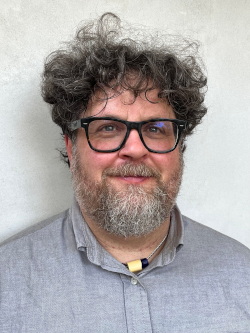
University of Victoria
2024 to 2025
Research Fellow
Indigenous Anthropologists and the Emergence of Native American and Indigenous Studies in the 1960s and 1970s
As an intellectual discipline in North America, Native American and Indigenous Studies (NAIS) is still relatively young. Considerations of the origins and emergence of the field in the period after the Second World War have tended to focus on work by scholars trained in history and literature; less well-known, however, is the impact of Indigenous scholars trained in and engaged with anthropology, such as Robert K. Thomas (Cherokee), Beatrice Medicine (Lakota), D’Arcy McNickle (Métis/Salish Kootenai), Edward Dozier (Pueblo), and Alfonso Ortiz (Tewa) along with Vine Deloria, Jr. (Lakota). Uncovering the roles played by these Indigenous anthropologists in the founding and development of NAIS as a social science will require resources beyond the extant historiography of anthropology, including archival materials in a variety of collections held by Consortium institutions and contextual information and interpretive tools drawn from the history of the human sciences and the history of science more generally.